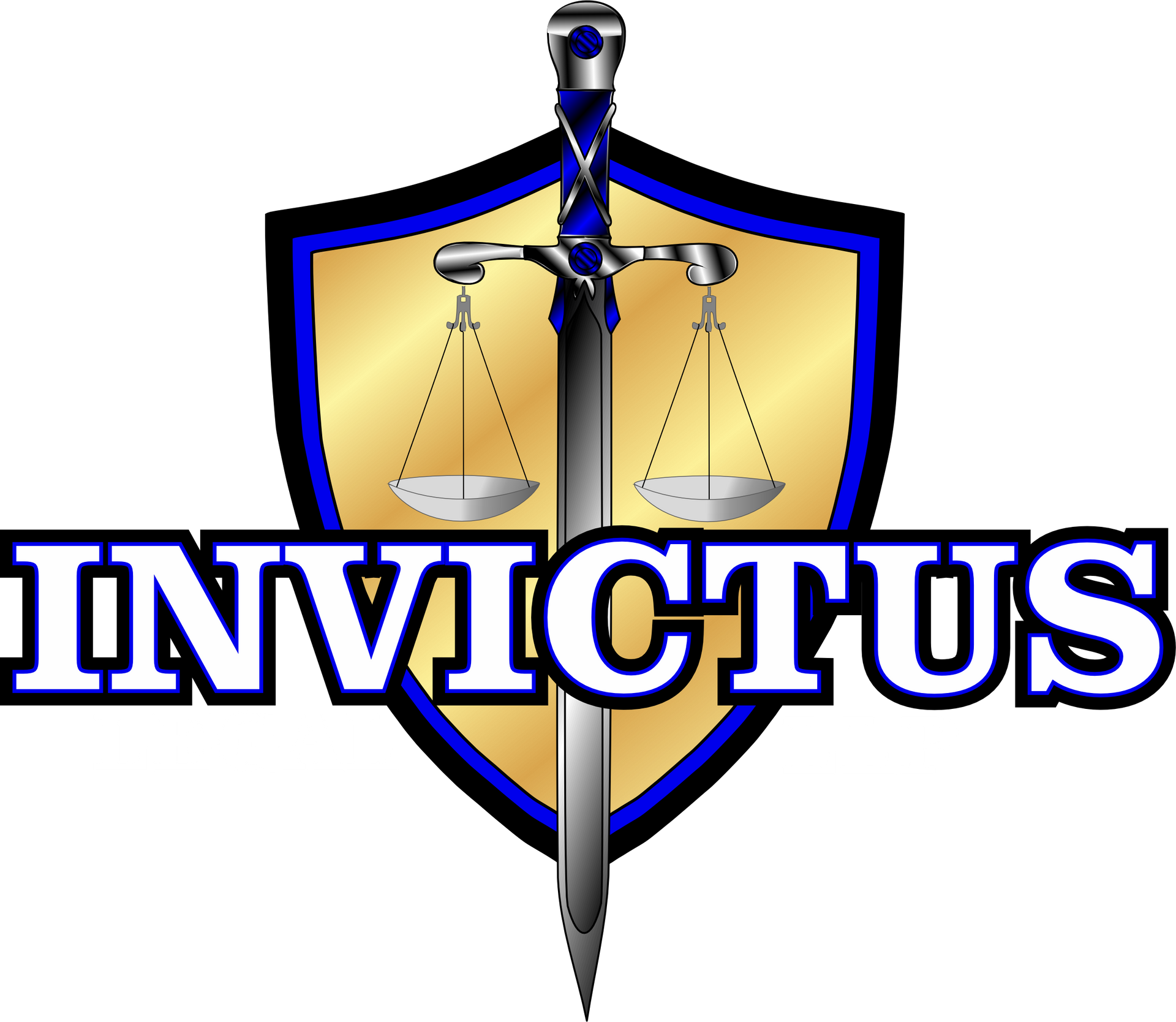28 Feb, 2024
Introduction If you are reading this, you might be wondering if what you are experiencing can be considered “workplace harassment” or “workplace bullying”. Most of us heard about it discussed in the news, reports of people getting charged with harassing somebody they worked with, or heard others complain about getting “harassed” at work. Maybe you are experiencing something at work or in your workplace that is bothering you, worrying you or creating a major sense of tension. First, let’s review what workplace harassment is. What Workplace Harassment Is and What It Is Not Depending on where you look, workplace ‘harassment’ has many different components. There are many laws that cover different forms of workplace harassment and obligate one’s employer to address particular types of harassment. For the sake of simplicity, we will not be covering the details of various acts and leading cases that helped define where the line is drawn between ‘workplace discipline’ and ‘workplace harassment’, although we will continue to provide further articles under the heading of Employment Law over time to assist readers in understanding issues about “workplace harassment”, among many other issues connected to employment and your workplace environment. On its own, workplace harassment and bullying is not: Providing a less than stellar performance review; Providing constructive criticism about how you are carrying out an essential duty of your job (if there is something that can be taught, changed or improved); Requesting that you perform some aspect of your job that is clearly within your job description and is reasonable for you to carry it out at the time; Providing progressive discipline for performance or conduct issues (e.g. lateness, absenteeism, missing deadlines, conduct on the job or in situations where it may be reasonable that you are representing the company, such as at a conference or perhaps not meeting minimum expectations after given time to improve); Disagreeing with you about a key aspect of your work and deciding that the company will not support your position (within reason); and Actual disciplinary or termination proceedings with cause, or after a series of reasonable warnings, etc. However, many of these elements may be part of an environment where you are also subjected to ongoing harassment or bullying, examples of which are outlined below. In general, workplace harassment is defined as an engagement in any act, course of vexatious comments or conduct towards a worker that the one engaging knows or reasonably should know that the act, comments or conduct is unwelcome to the worker. To define this conduct as harassment, the conduct, comments or actions should be something that is repeated, persistent or even escalating over time. An employee’s attempt to stand up to the perpetrator is often met with threats against them in their job, such as disciplinary action or outright termination. Harassment can appear in different forms, such as a sexual nature, particularly if the person engaging in this conduct is in a supervisory or influential position over the worker’s position with the company. It doesn’t have to be a direct supervisor, but it can be anybody that has the ability to adversely influence the course of one’s future employment. However, there are many other forms of harassment that might not be sexual in character. For example, your employer may openly attack your work in front of colleagues, set unreasonable standards on your work, deliberately leave you out of discussions concerning your job, or spread unfavourable and untruthful gossip among your colleagues about you. Some of this harassment can cross the line into bullying, examples of which can be where your supervisor or manager unilaterally and significantly change your working conditions, e.g. adding a major commute you did not have before to your “new” position at another location they suddenly want to send you (with no added compensation or appropriate notice/discussion), removing significant areas of your authority that you previously had (and unilaterally giving these decisions to somebody else), constantly criticizing or berating your work or professionalism in a public manner (e.g. in front of coworkers or other colleagues). Other forms of harassment and bullying can be simply allowing or condoning coworkers to ostracize you or create a “poisonous” environment. At times, there can be outright violence in a workplace, condoned by the employer. Again, the telling characteristic of this type of harassment is that it is not a single incident, but something that is often repeated and at times, escalating over time or when the perpetrator is challenged. It is evident that you are likely being harassed and bullied that if you challenge the conduct of the individual concerned, that reprisal from the perpetrator is often immediate and severe. For example, if you are being exposed to constant criticism, belittled and many of your responsibilities unilaterally removed, and you choose to stand up to the perpetrator or to their manager, your job is suddenly at risk or more severe harassment is engaged in by the perpetrator or others in an attempt to get you to quit. In addition to protecting you from (and not engaging in) harassment and bullying, your employer is also obligated to protect you on the job or worksite from others that may interact with your workplace, legitimately or otherwise, who can impact on your personal safety and security. Your workplace is also responsible for setting policies and procedures in place to prevent others from coming onsite to harass, threaten, injure or otherwise cause distress to you. These people can include angry, disgruntled customers, an ex-spouse seeking to confront you at your workplace, or others whom may intend to injure or harm you and/or others at the workplace. Your workplace should also provide training to all of its staff as to how to handle people that may be disruptive, potentially violent onsite or even over the phone or other communications. I Believe I May Have Been Harassed/Bullied. What Can I Do About It? Obligations of Employers All businesses must have a policy that protects its workers and the workplace (which can also include work being done for the employer off site as well) from harassment, bullying and potential acts of violence, and in companies of a certain size, a step by step protocol needs to be set out to deal with the alleged harassment, bullying and violence. In many cases, an employer can retain the services of a lawyer, a labour consultant or human resources consultant to conduct a workplace investigation. How a workplace investigation is carried out is very specific in how information is solicited and what the rights of different parties are during such an investigation. In general, an employee can utilize the steps spelled out in the workplace policy. Such a policy should be known and made available as needed to all staff and supervisors and managers. The contents of such a policy might vary considering the size of the company, number of locations, nature of its business, organizational structure and areas of vulnerability. Areas of vulnerability are where workers can be more prone to be exposed to violence (e.g. working alone at a convenience store, protecting valuable or sensitive property, providing transportation of persons or goods, working with a specifically volatile client group such as persons with addictions or mental illness, etc.). Dealing with harassment and bullying also needs to be dealt with in a companion policy, as such incidents are more likely to happen within the workplace and are reported internally. If your employer does not have such a policy and is of a certain size or larger, a complaint can be filed with the Minister of Labour. The Ministry can investigate the lack of a policy and/or relevance of a “policy” for workplace harassment, although they could not make orders as to the specific form and content of such policy or the merits of any particular complaint a worker may have for such a policy to be applied to. If your employer does have a policy about harassment and bullying, you may wish to follow its protocol. Once the initial report or complaint is filed, your employer must take steps to follow through on your complaint by either investigating it or bringing in an outside party to assist with this. After the investigation is complete, you should be made aware of what the findings were and what will be done, if anything. If you have a union representing you in your workplace, you should also file a grievance. Your union would also be familiar with your workplace policies and unionized workers have the right to have a union representative attend any meetings they have with management with respect to any workplace issue. A worker can insist on having their union representative in attendance before any such meeting starts. A union representative can also assist you with filing any grievances that might arise from alleged violations of this policy. A later article will detail how to deal with your union and what happens if they fail to help you, or if they become part of the harassment. What Can I Do if I Am Not in a Union? If you are not in a union, you need to do the following: 1. Do not quit or resign from your job. If you quit or resign at this point, it will be harder to prove your case. You may also lose access to extended termination pay and other payments. 2. Do seek legal advice immediately. This will help you protect your rights in the event you might be immediately put at risk. 3. Continue to go to work as long as you can tolerate it. While you are there, document everything. Start a log. Get copies of any emails sent to you, sent by you and other letters or documentation that you have access to at this time. Keep a timeline of what happened, dates it happened, who was involved, etc. 4. Keep your files and copies of emails, documents, your personal work reviews, etc. at home and not at your workplace. 5. If you can no longer tolerate your workplace, you need to go on leave. Your employer cannot stop you from going on “sick leave”. Make sure you visit with your doctor, get appropriate medical care and a request for sick leave for a specific period of time (due to stress at work, whatever). Apply for any benefits your employer offers, such as short-term disability (as you are probably very distressed and mentally fragile if you have to leave the workplace situation). If your employer doesn’t offer short term disability benefits, apply for EI sick benefits . 6. If you need more time away from work, your doctor can extend your leave. 7. If your employer decides to terminate you, or harass you while you are on sick leave or tries to make things further difficult for you, they are only getting themselves deeper into trouble and you might be able to claim additional damages in a claim against them. However, your employer can inquire as to a return date if your doctor’s stated leave period is almost up and you did not renew. Cooperate with your benefits provider and/or EI as to any further information they require. What Happens Next? Sooner or later, something will happen, where you will need to seek legal help. You can file an immediate claim for constructive termination. The courts have allowed claims for “constructive termination” in situations where the employer does not actually terminate the employment relationship, but the situation is dealt with circumstantially as though you had actually been fired. This happens in defined cases (as set out by the courts) where an employee has been bullied and harassed to the point where it is impossible for the employee to continue working at their employment. If you wish to pursue this angle, legal advice is necessary. If you are in a smaller workplace and the only “manager” is your boss and your boss is doing the harassing and bullying, there are other steps you may take. If you followed the employer’s protocol and policy with no resolution to your issue, you have other options as well. One might be a complaint to the Ministry of Labour, but as stated above, the inspectors are only empowered to ensure your employer has a policy that deals with harassment and bullying, but will not ascertain its effectiveness or adjudicate the merits of your case. However, if you believe your employer violated any specific area of the employment standards law, such as unpaid wages, overtime, refusing personal days off, etc. and has threatened you or committed any type of reprisal against you for trying to enforce your rights, you can complain to the Ministry of Labour about the specific violations themselves (e.g. such as not getting paid for overtime, not re-hiring you after a pregnancy leave, refusing personal leave days, etc.). If you are unsure if your employer is following the law, contacting the Ministry might be a good first step. If you wish to proceed this way, it might be a good idea to seek legal advice prior to filing a complaint of this type because you may be barred from other types of litigation. If the workplace bullying or an act of violence at work led to significant mental and psychological distress, you may also have a separate claim under the Workplace Safety & Insurance Act (WSIA) (as some types of mental distress claims can be deemed eligible for compensation under this Act). However, a claim under this Act arises from very specific circumstances and legal advice is necessary if you are considering a claim under WSIA. If you believe that your employer has harassed or bullied you because of a specific personal characteristic, such as your sexual orientation, your mental or physical disability, your gender or for related reasons, you may have a case under the Human Rights Code. If the nature of the attacks do not appear to be related to anything on human rights grounds, but are still nevertheless distressing or even lead to constructive or actual termination, there is also the potential for civil litigation in court. Because employment law and the different ways of enforcing your rights is very complex, it is best to seek legal advice to discuss which avenue would work best for you. This is also important because many times, you are not allowed to have your case heard through more than one forum. For example, in most cases if you are taking your employer to court, you cannot also go through another avenue such as Employment Standards Branch. In other cases, it may be advisable to use the Human Rights Tribunal if you feel the major concern is that you were harassed or discriminated against on the basis of personal characteristics, such as your gender, racial/ethnic background or disability. Because of varying limitation periods, notice requirements, as well as other procedural issues, it is best that if you feel your case might fall under ‘workplace harassment’ or ‘workplace bullying’, you contact us at Invictus Legal LLP to review your case with you in person.










